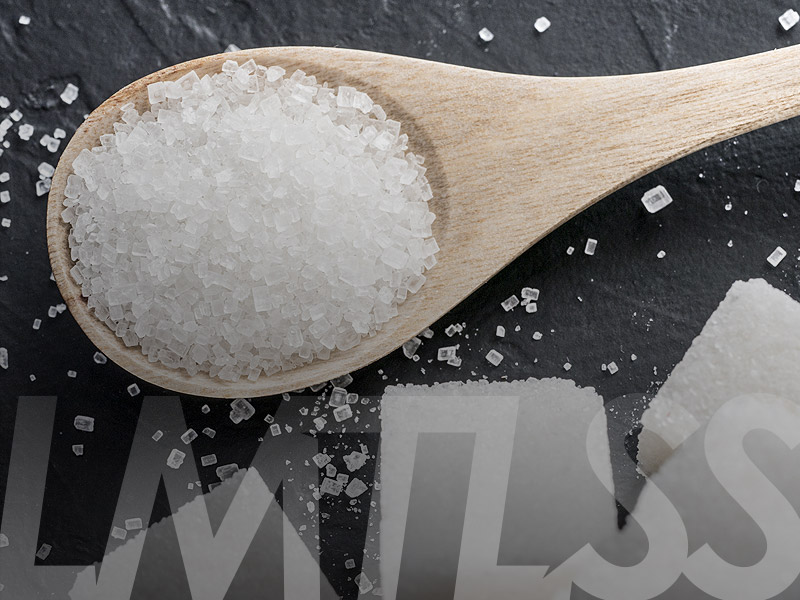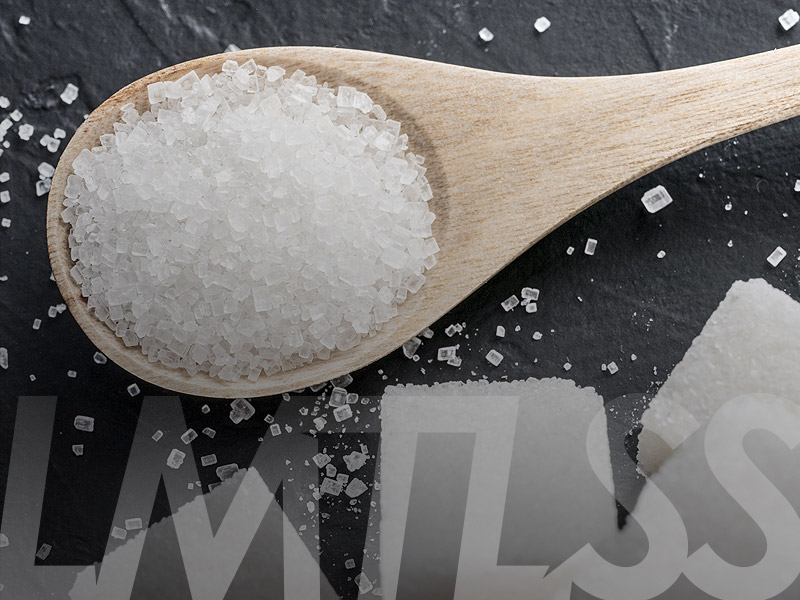
THE SWEET TRUTH… Excluding immune and digestive function, the next most influential factor with reference to encouraging the bodies composition to change as intended is insulin or more specifically, the bodies sensitivity to insulin.
Carbs and insulin can be a double-edged sword. Insulin is the most anabolic, anti-catabolic hormone in the body. Insulin improves amino acid uptake by muscle tissue, which in turn encourages protein synthesis. Additionally, insulin also prevents amino acids from being oxidized as a reserve fuel source.
On the contrary, it also can be the most lipolytic hormone in the body, shuttling fatty acids and glucose to fat cells to be stored as body fat.
These days, the majority of fat loss diets only focus on the negative side of insulin, which seems like a logical approach. Such studies generally recommend a low-carb diet to minimize insulin release and lose fat, which is viable to a degree, especially if you’re overweight, sedentary, and likely insulin resistant – which today represents the majority of the population. The problem is, that’s not a complete approach, especially for an athlete.
No hormone is inherently bad. For a leaner body that’s training intensely and is in an overall calorie deficit, moderate amounts of insulin can actually be a good thing. The leaner you get the more time and effort I advise you investing into considering the benefits of insulin with reference to its anti catabolic properties while the overall dietary prescription continues to strip off fat.
The key is whether your body is insulin sensitive or insulin resistant. If your body is insulin sensitive, than you’ll get more of the anabolic effects of insulin. Carbs can be higher in your diet. If your body is insulin resistant, than you’ll get more of the lipolytic effects of insulin. Carbs should be lower in your diet.

